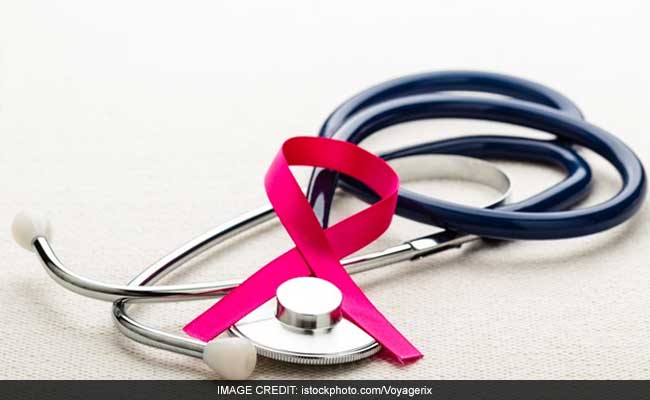
There are different types of cancer, each with its own cause.
The World Health Organization's cancer arm, the International Agency for Research on Cancer (IARC), today issued a stark warning. The number of new cancer diagnoses is predicted to jump 77% by 2050, reaching more than 35 million cases per year. This alarming increase is thought to be due to a combination of lifestyle and environmental factors, with tobacco, alcohol, obesity and air pollution identified as the main culprits.
WHO also published findings from 115 countries, finding that the majority of countries do not provide adequate funding for prioritized cancer and palliative care services as part of universal health coverage (UHC). showed that.
Due to changes in risk factors associated with population growth, aging, and socio-economic development, the global cancer burden is expected to surge by 77%, with the number of new cases expected to exceed 35 million by 2050. Tobacco, alcohol and obesity play important roles, along with persistent air pollution. Countries with a high Human Development Index (HDI) are expected to see the largest absolute increase (4.8 million cases), while countries with a low HDI will see a staggering 142% increase in cancer incidence by 2050. In the face of this, countries with medium HDI are expected to see an increase of 99%. -HDI countries are expected to nearly double. Urgent global efforts are essential to address this growing crisis.
“The impact of this increase will not be felt equally across countries with different HDI levels. Those with the least resources to manage the burden of cancer will bear the brunt of the global cancer burden. '' said Dr. Freddie Bray, Director of Cancer Surveillance. Branch of IARC.
“Despite advances in early detection of cancer, treatment and care of cancer patients, there are large disparities in cancer treatment outcomes not only between high- and low-income regions of the world, but also within countries. “It shouldn't be about whether you live or not. We need tools to help governments prioritize cancer treatment and ensure everyone has access to affordable, high-quality services. “There is. It's not just a question of resources, it's a question of political will,” said Dr. Carrie Adams, director of the center. UICC (Union for International Cancer Control).


